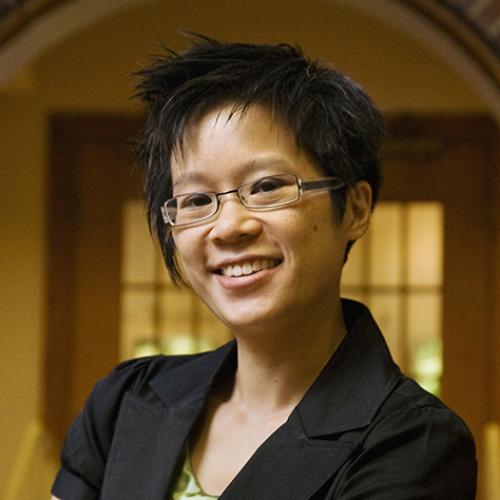Assistant Professor Bonnie Mak will visit Haverford College on March 26-27 where she will deliver an invited talk and teach an undergraduate seminar. Her presentation, “Material Acts of Publication,” will kick off Haverford College Libraries’ Texts and Technologies Lecture Series, which will explore the intersection of text, publishing, and technology.
Abstract: This presentation recounts a collaborative project that uses book and digital technologies, as well as wood, word, and sculpture, in the performance of humanities scholarship. Mak will discuss the processes behind her co-authored and hand-crafted series of publications, and will explore connections with the institutionalized activities of collection, classification, preservation, and knowledge-production. Drawing from practice, this talk sheds light upon the relationship between form and content, materiality and meaning, and originals and reproductions, as well as the costs and consequences of alternative modes of publication.
Mak will teach a class of the undergraduate seminar, “Technologies of Information in Early Modern Europe,” on March 27. The course looks critically at the idea of a current digital revolution in the context of the history of information. In the class, Mak will lead discussion about the politics of the library, archive, and database, and the role of information infrastructures in the configuration of knowledge-production. Her book, How the Page Matters, as well as her forthcoming article, “Archaeology of a Digitization,” will also be discussed.
